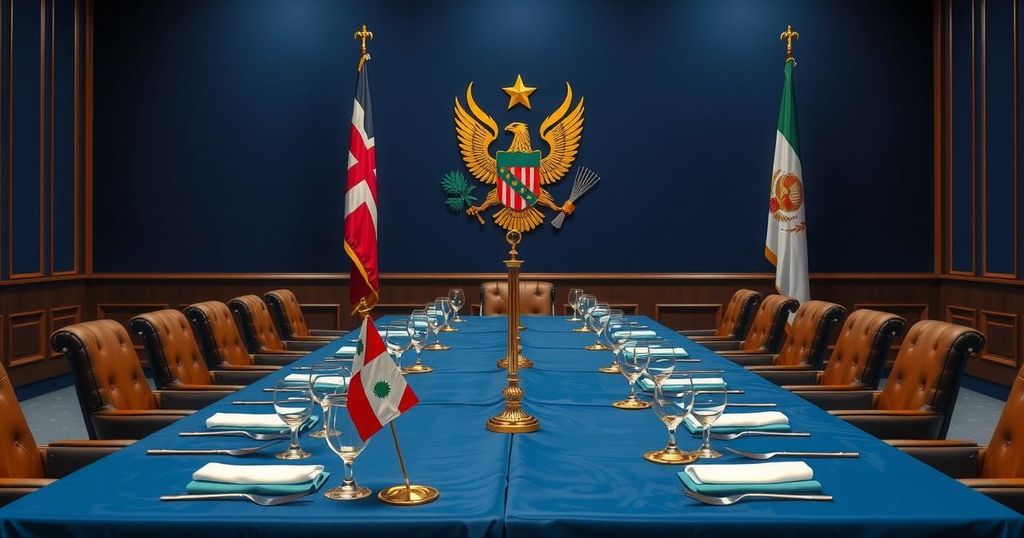World news
ASIA, AYUB KHAN, DONALD TRUMP, INDIA, IRAN, ISLAMABAD, ISRAEL, MIDDLE EAST, MODI, MUNIR, NEWS WORLD NEWS US, NORTH AMERICA, PAKISTAN, PAKISTANI ARMY, POLITICS, PRESIDENTIAL ELECTIONS, SOCIAL MEDIA, TEHRAN, TERRORISM, TIMES NOW, TRUMP, UNITED STATES, US, WASHINGTON, WHITE HOUSE, WORLD NEWS
Jamal Robinson
0 Comments
Trump Hosts Pakistan’s Asim Munir Amid Tensions with Iran
President Trump hosted Pakistan’s Army Chief Asim Munir at the White House amid rising tensions with Iran. Discussions included Iran’s regional influence, with Trump expressing gratitude to Munir for avoiding military conflict. This rare meeting highlights ongoing complexities in U.S.-Pakistan relations, considering Pakistan’s military’s ties to terrorism.
In an unexpected diplomatic move, President Donald Trump hosted Pakistan’s Army Chief, General Asim Munir, at the White House. This meeting, featuring a closed-door luncheon, unraveled amid rising tensions between Israel and Iran. Notably, the Pakistani military has faced accusations of harboring and funding terror groups, raising eyebrows about this welcome. Recent reports indicated Pakistani officials participating in the funerals of terrorists who died during Operation Sindoor, adding to the complexity of their relationship with the United States.
During the lunch, Trump confirmed that discussions regarding Iran were on the agenda. He noted, “They know Iran very well, better than most, and they’re not happy about anything.” He refrained from providing details but indicated that Munir echoed his sentiments about the situation. This dialogue is significant given the ongoing tensions concerning Iran’s influence in the region.
Post-meeting, Trump expressed his appreciation for Munir’s collaboration, stating he was “honored” to have him visit. Trump elaborated on the implications of military restraint, indicating gratitude to Munir for not escalating conflict, especially given India’s Prime Minister Modi had just departed after talks about a trade deal with the U.S. He stated, “Those are two big nuclear powers. I was honored to meet him today,” stressing the high stakes involved.
Hosting a foreign military chief for a private lunch is indeed rare for a U.S. president. Historically, such invitations were often extended to Pakistani leaders like Ayub Khan and Zia ul-Haq, but those individuals also held the role of president. The current dynamics remind us of the intricate balancing act the U.S. maintains in international relations, especially in regions marked by complex geopolitical realities. This particular meeting raises questions about the U.S. stance towards Pakistan’s deeper affiliations with Iran and potential repercussions for U.S. interests.
The meeting between President Trump and General Asim Munir illustrates a complex diplomatic moment that signals potential shifts in U.S.-Pakistan relations. Given the historical context and intricate ties, particularly regarding Iran, this meeting holds considerable weight in understanding the future landscape of South Asian geopolitics. With Trump navigating these tensions, the implications for U.S. foreign policy may become clearer in the days ahead.
Original Source: www.timesnownews.com




Post Comment